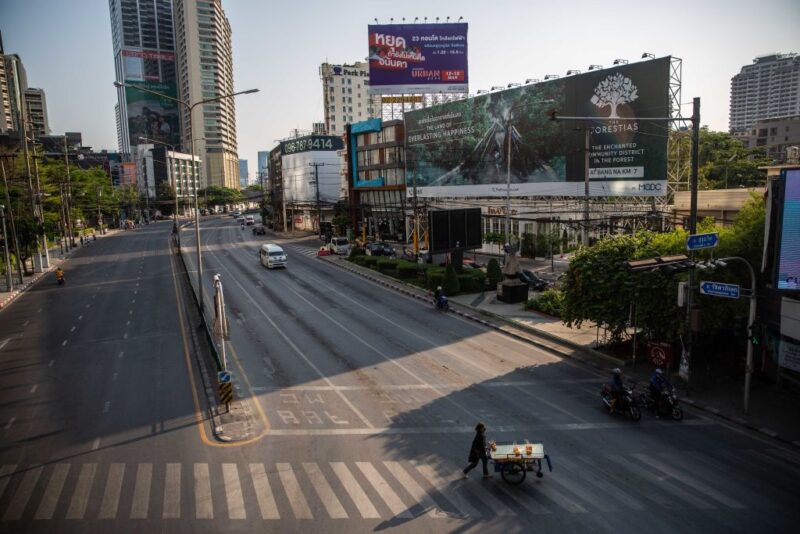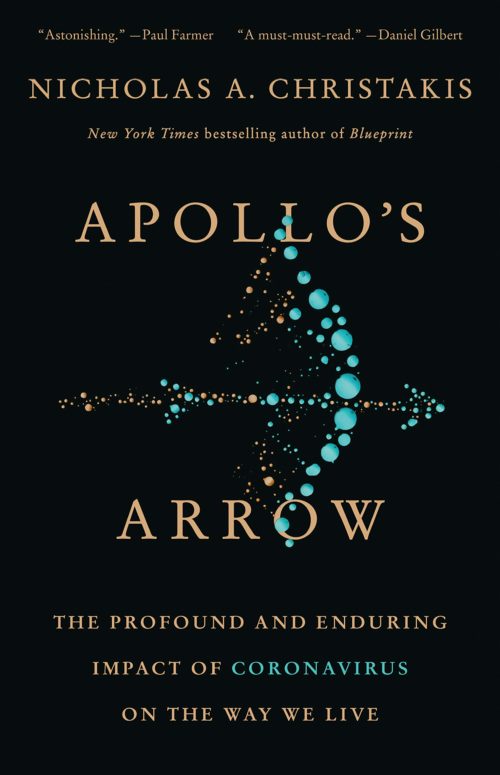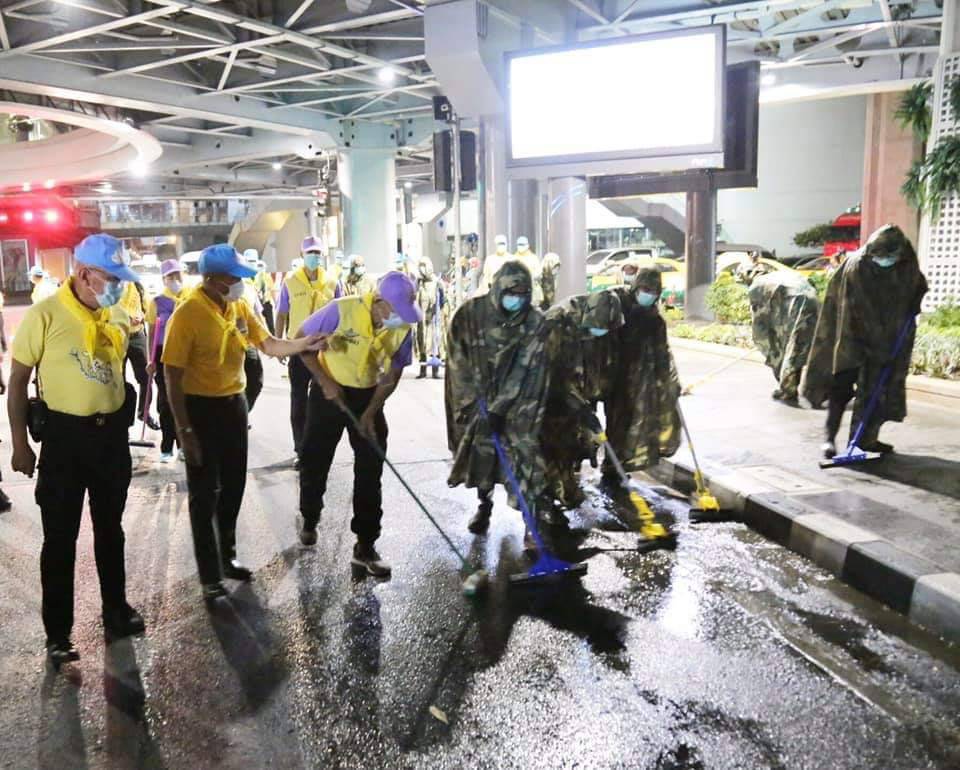As we began 2020, climate change and the reduction in single-use plastics were a key focus for the public sector, private sector and the general public, albeit with a lot of work still to do to achieve climate targets. How will Covid-19 impact the progress and momentum of these movements? Will governments, companies and citizens prioritise short term safety considerations and economic rebound over longer term sustainability?
Seeing with new eyes
Previous pandemics, wars and terrorist attacks taught us that crises shape history. Whatever is broken in society is revealed and new possibilities emerge. Facing long periods in lockdown, we are able to see with clearer eyes what kind of world we live in. In a world which has taught us that we can control our environment, we are now confronting the reality of our own fragility and interdependence on each other and mother earth. Indeed, scientists have claimed that future pandemics could be more frequent and deadly unless we stop the widespread destruction of our environment.
We are seeing what can happen when humans stop. When we produce and travel less, CO2 and NO2emissions drop massively, as do pollution levels. Delhi, Mumbai, Seoul & Wuhan have all experienced record-breaking clear skies in the last few weeks. As pollution levels drop, we consider the link between the environment and our health. We learn that Covid-19 deaths are linked to existing respiratory illnesses which are in turn linked to air pollution.
Covid-19 has also highlighting existing inequalities. Social distancing is fairly hard when you live in refugee camps or tightly packed migrant accommodation camps. Lower income groups – the tuk tuk drivers and street vendors – are usually living ‘hand to mouth’ and are the hardest hit following the shutdown of tourism. Indeed 27 million Thai people, well over half of the working age population, recently applied for a government cash hand-out of 5,000 baht for those working in the informal economy. It is hardly surprising that the idea of a national living wage is re-gaining popularity worldwide.
A return to nature?
As governments begin to evaluate their interventions based on all-cause mortality, Thailand, with relatively few Covid-19 deaths, may see lower overall death rates in the first half of 2020, due to a huge decline in road deaths due to travel restrictions. Pollution alone contributes an estimated 49,000 deaths in Thailand a year (according to a 2013 study by the World Bank and the University of Washington).
When we don’t occupy as much space and cause as much damage, there is more room for wildlife, as we’ve seen from the increased sightings of wildlife around the world, including in town centres. In Thailand, with travel curbs and many beaches still closed, marine ecosystems are being rejuvenated and endangered turtles are returning en masse to beaches to lay eggs. Faced with such tangible change in such a short period, even climate change sceptics are starting to reconsider their views.
More fundamentally, given that Covid-19 relies on large and dense populations to spread, is there a need to question the relentless trend towards urbanization. Now people have learnt the practicalities and benefits of working remotely, will they even want or need to live in cities?
Do we really want to go back to the way things were? New possibilities are emerging, and once lockdown restrictions are eased further, should it be business as usual?
Never Let a Good Crisis go to Waste
As businesses (and whole industries) seek hand-outs to keep them going, governments around the world are facing tough decisions about which industries they want to support and maintain and which they are happy to let die. The travel industry is an obvious example, and Thai Airways have asked for a bridge loan of 54 billion baht. The Thai government are reportedly growing increasingly concerned about the long-term viability of the airline and want to see a major restructuring of the business to reduce costs.
The French government, facing a similar request from Air France, have decided to use this as an opportunity to change direction, agreeing a loan on a key condition that some domestic flights are scrapped. Bruno Le Maire, the country’s economy minister, said that the Covid-19 crisis provided an opportunity to “reinvent our model of economic development to ensure it is more respectful of the environment”. German chancellor Angela Merkel has called for governments to focus on climate protection when considering fiscal stimulus packages, including proposals for higher cash incentives for buying electric cars.
City mayors worldwide have formed a taskforce looking at re-designing their city spaces to ensure public safety and support a low-carbon, sustainable recovery. This includes plans for new bike lanes in Milan, Paris and Mexico City and widening pavements and pedestrianizing neighbourhoods in New York and Seattle (The Guardian). Faced by a possible shunning of public transport for safety reasons, city leaders see this as an opportunity to lock in the reduction in air pollution by offering viable alternatives to car travel.
What does this mean for brands?
Brands around the world have been re-purposing or pivoting their business, both as a stop-gap solution to generate revenue or as a way to show they care. Is this a short-term survival instinct or does it represent the birth of a new level of conscience in the way that brands operate?
It’s our view that we are currently experiencing a resetting of values in society which has the potential to both accelerate the progress of the sustainability movement and redefine it. Getting brands to prioritise sustainable development has always been dependent on the push from government and the pull from consumers. Early signs are that Covid-19 is acting as a catalyst that is accelerating both.
Carbon offsetting and reducing single use plastics remain important. But perhaps in future, people will increasingly judge businesses and brands much in the same way as they judge people. Did they treat people fairly (staff, suppliers), did they leave a place as they found it (carbon offsetting), did they do something that really helps people? Were their actions consistent with their words and are they sincere (e.g. greenwashing)? How many lives did they positively impact and will people miss them when they are gone?
Can brands rise to the occasion and focus on more sustainable and long-term business models? In our next article, we explore the potential impact of Covid-19 on business thinking on corporate responsibility and brand purpose
About Culture Kitchen
Culture Kitchen combines cultural insight with marketing, branding and behavioural change know-how to help you plan your brand’s future growth. Click here to download our free ebook covering the 7 Ways that Covid-19 will Shape the Future of Brands.
About the Study
The findings are the result of a collaboration between insights consultancies across 17 countries. The effort was led by Beyond Research, based in Milan, and covered North and South America, Europe, Middle East and Asia-Pacific. Desk research covered multiple data sources including local country case studies, Google search trends, newspaper articles, and social media along with country-level cultural analysis.






